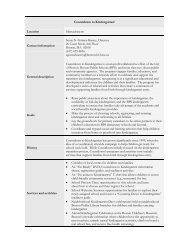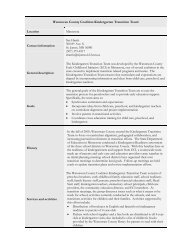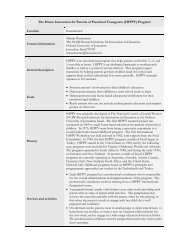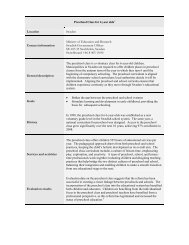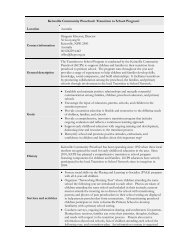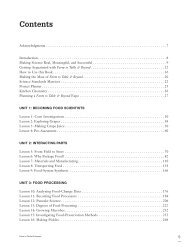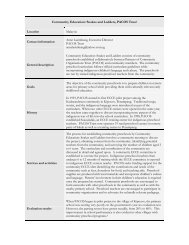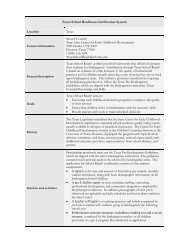Proceedings of the Fourth Annual Teachers College Educational ...
Proceedings of the Fourth Annual Teachers College Educational ...
Proceedings of the Fourth Annual Teachers College Educational ...
You also want an ePaper? Increase the reach of your titles
YUMPU automatically turns print PDFs into web optimized ePapers that Google loves.
MOOCs, Open Education, and Implications for Online Schooling for<br />
Middle School/High School Students<br />
Kristin Gorski,<br />
<strong>Teachers</strong> <strong>College</strong>, Columbia University, New York, NY,<br />
Email: kg2366@tc.columbia.edu<br />
Abstract: Massive Open Online Courses (known as MOOCs) are open educational<br />
environments which present learning opportunities and challenges. Through leveraging<br />
information and communication technologies (ICTs), social media, and media creation<br />
tools, MOOC participants create connections across networks as <strong>the</strong>y pursue au<strong>the</strong>ntic<br />
learning goals. The unstructured, abundant information can overwhelm, so developing<br />
skills to filter and make sense <strong>of</strong> what participants find is crucial. MOOCs are ideal places<br />
in which to practice necessary digital literacy skills. In April 2011, I participated in a<br />
MOOC on mobile technologies and learning. In pilot research, I surveyed 21 fellow<br />
participants on what <strong>the</strong>y were learning from MOOCs, recommendations for<br />
educators/participants, and <strong>the</strong>ir thoughts on this format for middle and high school<br />
students. The results point to skills needed for MOOC success, how MOOC structure and<br />
design impact learning, and how to develop mini-MOOCs for adolescent learners eager<br />
to pursue <strong>the</strong>ir interests online with a cohort.<br />
22



